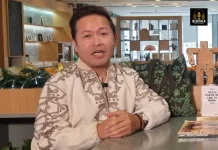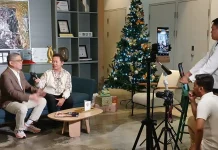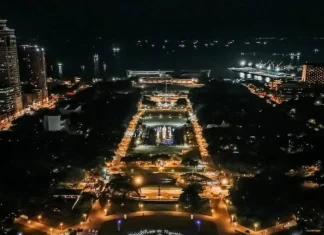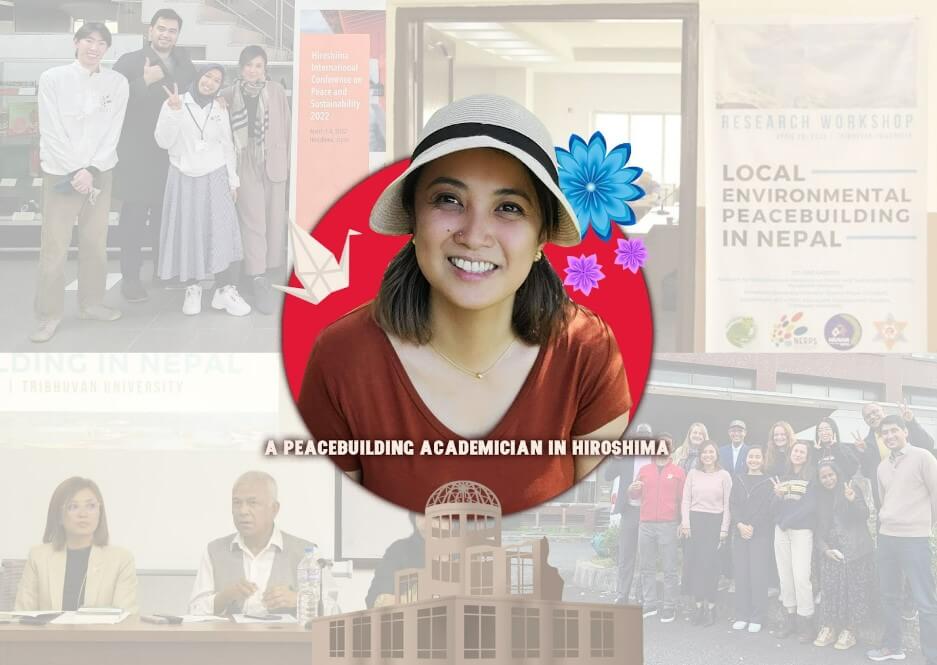
“We have to advocate for peace even amidst times of peaceful situations,” says one of the leading Philippines’ peace advocates and academician, Dr. Dahlia Simangan.
Dr. Dahlia Simangan is an Associate Professor from Hiroshima University with a deep interest in peacebuilding, climate justice, and sustainable development. She has used her platform in advancing Asian studies toward a more peaceful world.
Peacebuilding as a lifetime career
An experienced global citizen, Dr. Simangan has a Bachelor’s Degree in Sociology from the University of the Philippines – Diliman. It was her deep understanding of the social sciences that allowed her to receive the Matsushita (Panasonic) International Full Scholarship at the International University of Japan for a Master’s Degree in International Relations. She researched the political, ethical, and legal dilemmas of humanitarian intervention.
Understanding that global challenges affect those most left behind, Dahlia went on to study for her PH.D. at the Australia National University for International Relations. She retrospectively studied the peacebuilding efforts in countries like Cambodia, Kosovo, and Timor-Leste. Her work was recognized further as she received an invaluable opportunity to become a JSPS-UNU Postdoctoral Fellow for Research at Kanagawa University as part of a program at the United Nations University.
Her international experience is based on a humble understanding of conflict and peace issues in the Philippines. “We have to understand the Philippine history is full of stories of conflict while ongoing efforts are still a priority in the Bangsamoro region,” says Dr. Simangan.
Peacebuilding is an ongoing shared responsibility by universities, government institutions, and citizens. “It is important to study peacebuilding whether there is a conflict or not” a statement that encapsulates her years of studies on peace and conflict studies. Studying peacebuilding during peaceful conditions allows the academe to understand how communities built peaceful relations and societies.
Hiroshima University, a Transdisciplinary University
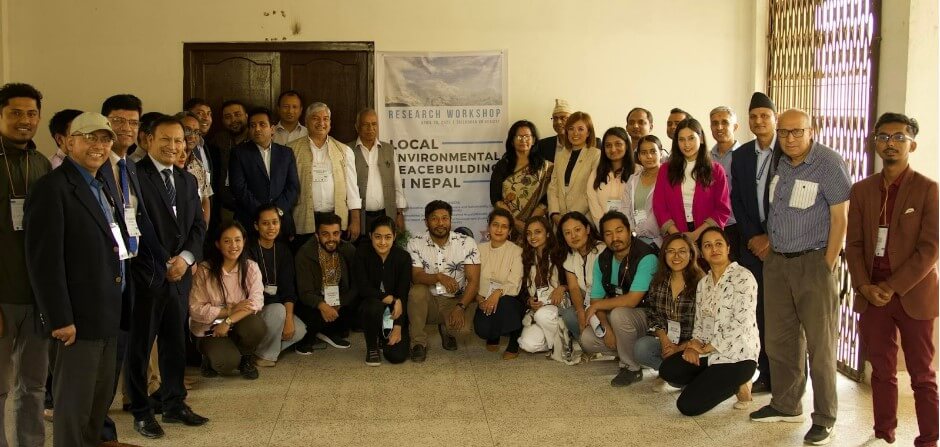
Dr. Dahlia Simangan is deservingly one of the leading figures of the Network for Education and Research on Peace and Sustainability (NERPS) at Hiroshima University. NERPS is a resource hub advancing transdisciplinary Sustainable Development Goals (SDGs) practices in Hiroshima Prefecture and internationally.
Recognized as one of the leading universities in Japan by the Times Higher Education (THE) Impact Rankings, Hiroshima University involves itself in a whole-society approach to education. Companies like Mazda, which is headquartered in the same prefecture, and the local government are consulted in the process of co-designing programs and projects to advance the SDGs alongside the university. “We are promoting the nexus of peace and sustainability which is about accelerating the achievement of other goals when societies are peaceful to begin with” she shared expert advice.
Together with NERPS and Tribhuvan University in Nepal, Dr. Simangan co-organized the Local Environmental Peacebuilding Research Workshop for various actors in society. Agriculturists, academicians, and other representatives convened for a workshop to research the connection between peace and the environment. This encompasses the need for ground-up approaches toward equitable resource distribution and the study of conflict-sensitive approaches to managing environmental issues.
“After the workshop, the researchers were interested in deepening the conversation. We look forward to organizing a second edition of the workshop in Nepal next year.” she reflects on the success of the workshop. In the next edition, farmers from Kathmandu Valley will be targeted with tailor-fit workshops to promote equitable change-making.
Filipinos may call any country their home
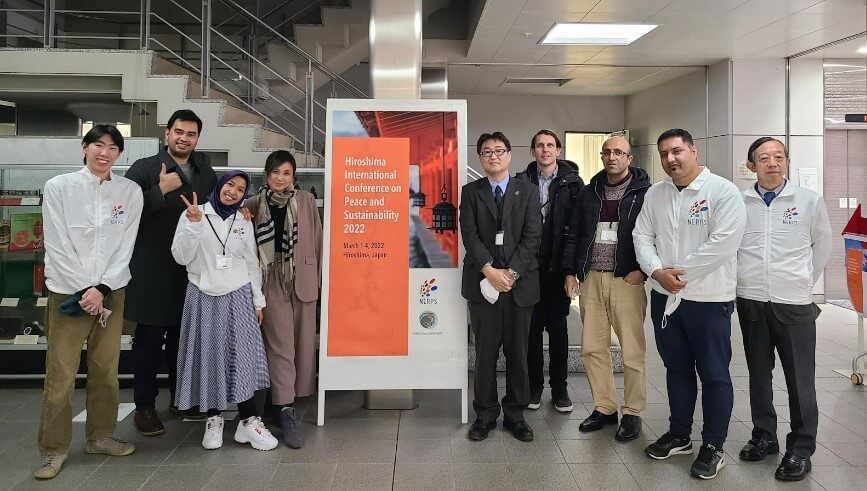
“Japan is one of the most popular destinations for tourism and work for Filipinos,” she proudly shared. Dahlia believes that strong diplomatic relations between the Philippines and Japan are a good reason to work in Japan. Aside from social contributions and mutual aid, Dr. Simangan is a proud alumna of the prestigious Matsushita International Foundation’s scholarship of Panasonic. “I was fortunate to get my master’s degree thanks to Panasonic and I wanted to work in Japan due to their generosity.”
Dr. Simangan works in an international environment at Hiroshima University. “I blend in with the brilliant minds of the community here,” shares Dahlia explaining how the shared experience of being immigrant makes her feel welcome.
A platform that Dahlia is proud of is the Scholars Unbound Podcast which is a podcast she created to let global south experts know that there are no boundaries when it comes to making a difference. “Some challenges are unique to developing countries like the Philippines and I made this podcast to brainstorm creative ways to solve these challenges.” she shared spiritedly.
Throughout her transdisciplinary work, Dr. Dahlia is thankful for the Filipino value of community. “We have Filipino communities, Filipino student communities, Philippine alumni communities everywhere. So that community, the value of Community,” Dahlia’s words resonated with the hundreds of Filipinos featured in Good News Pilipinas.
It was a breeze for Dahlia to work with engineers, architects, historians, and more professions that we do not usually see in normal settings. “Coming from an academic research point of view, learning how Filipinos are collaborative by nature makes us a great value to work with,” she shared.
What would you do if you were in the shoes of a proud Filipina like Dr. Dahlia Simangan? “To all Filipinos, please know we have a place everywhere we may go,” Dahlia shared excitingly. Japan may be known as the land of anime, JPOP, and gastronomic adventure. Yet, for Filipinos like Dr. Simangan – it’s home!
READ MORE from Qjiel Mariano here:
- Enjoy International Flavors at STREAT FEAST in Winnipeg this August
- Enjoy Taste of Manila Festival In Toronto’s Little Manila This August
Qjiel Mariano is the newest Good News Pilipinas columnist. The York University Global Health student was selected to join the Clinton Global Initiative Class, awarded the George H.W. Bush Inspiration Honors, and named Education Hero by Youth Service America.
Good News Pilipinas is a Lasallian Scholarum Awardee. TELL US your good news story tips by messaging GoodNewsPilipinas.com on Facebook, Twitter, or Instagram, or e-mailing editor@goodnewspilipinas.com


